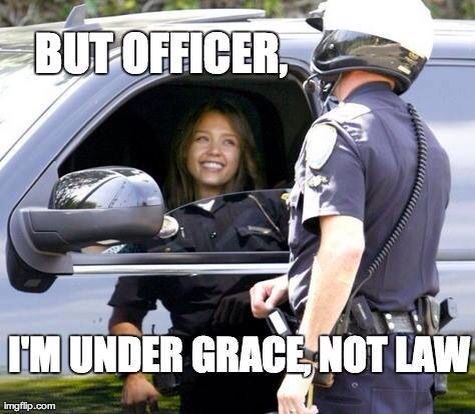Yes! This.
One of the [many] pitfalls of our device-connected world that so many of us are immersed in is that we become enculturated to a mental diet of the most scintillatingly captivating entertainment; we expect nothing less than stellar mental stimulation and education from material that, after all, has risen to the top of favorite public attention amongst the avalanche of competition. Any meme we see is immediately catchy and witty - anything less or that has any flaw to speak of, immediately is classified as ‘drivel’.
I’m glad that my own marriage and formidable ‘kid-raising’ years happened prior to much of these present obsessions of ours … because … pity the newly marrieds today who must inevitably discover they are married to … a real person. And any kids they have will end up being … real kids. Meaning, you’re going to have to learn how to (at the very least - occassionally!) be bored with each other, how to accept that most of the words uttered in your household will not be the scripted, witty brilliance that we’ve mistaken for our entertainment birthright.
What I hear MacDonald offering as a ‘beyond this’ kind of thought, though; is that love is not (and never in its true form was) a kind of drudgery. The ‘duty’ of it may be the only skeleton there during long seasons - yes. But if it is to be love as God intends and created, it will not remain that way, and we can have a very active role in helping it not remain that way; by at least working toward making ourselves more loveable, and even helping others too in that same quest. There can be real and healthy flesh on that skeleton of duty. When we finally see it all as God sees it, there will no longer be any thought of duty; not because duty is gone, but because we have infinitely superseded and surpassed it.

 with no one else’s love on the line, no one else to care for… how to then behave? Is there something about love towards oneself? so that one may effectively love others in the future?
with no one else’s love on the line, no one else to care for… how to then behave? Is there something about love towards oneself? so that one may effectively love others in the future?